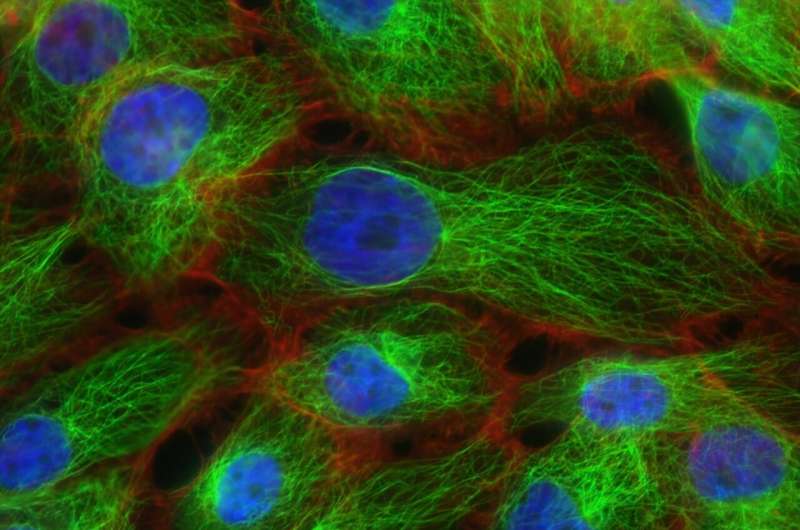Researchers take issue with study evaluating an AI system for breast cancer screening

In a new perspective piece "Transparency and reproducibility in artificial intelligence" published this week in the journal Nature, an international group of scientists including CUNY Graduate School of Public Health and Health Policy (CUNY SPH) Associate Professor Levi Waldron raised concerns about the lack of transparency in publication of artificial intelligence algorithms for health applications.
The authors raise concerns about a recent publication in which a group including Google Health reported using artificial intelligence to diagnose breast cancer from mammogram images more accurately than expert human radiologists. The authors contend that restrictive data access procedures, lack of published computer code, and unreported model parameters make it impractically difficult for any other researchers to confirm or extend this work. The piece also highlights tensions over what are appropriate measures to protect patient privacy while allowing the broader research community to contribute methodology and to correct potential errors that could set back progress to the detriment of other patients.
"This back-and-forth is one high-profile example of the current state of struggles over who controls data that has played out for decades in the biomedical sciences and other fields," says Professor Waldron. "Well-funded researchers who collect patient data have little incentive to share, but they are the ones who write the informed consent asked of patients and who dictate the terms of sharing. Protecting patient privacy from even the most hypothetical of risks can become a method to keep invaluable data, and even the parameters of resulting prediction models, away from other researchers. I don't think the patients volunteering for medical research are informed of the trade-offs between data privacy and utility, or are given much say in them. This is a bigger conversation that should happen above the level of individual research studies, and it needs to include patients."
More information: Matters Arising: Transparency and reproducibility in AI, Nature (2020). DOI: 10.1038/s41586-020-2766-y





















